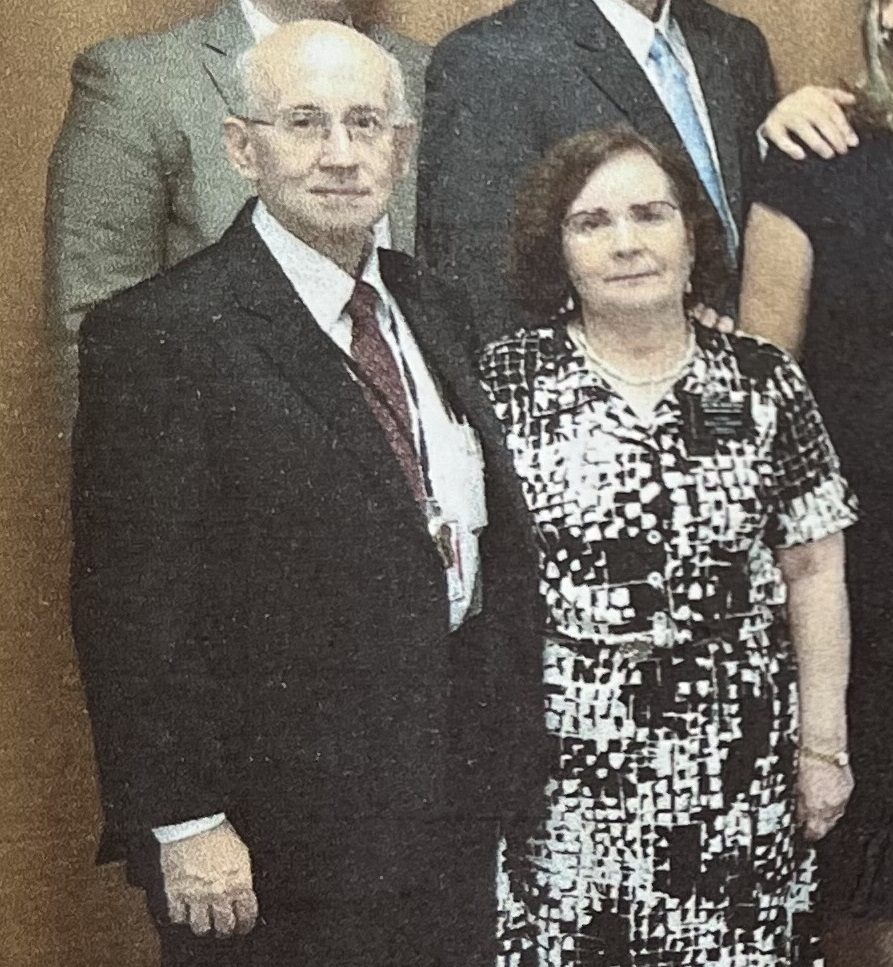As an employee, I worked here for thirty-four years. Out of the thirty-six years before retiring, I spent thirty-four years working here as a church employee. I served in various positions here in the office, worked many years in the finance area, served as the church treasurer, then as the church’s general auditor. Later, I worked in the church systems area, serving as the area manager of the systems department. In the last five years before retiring, I worked as the planning manager in the physical facilities area. I was the only accountant working in a department filled with engineers and architects. It was quite odd because I didn’t understand many of the terms they used. They would talk about “building up” or “raising the building on this higher side,” and I couldn’t grasp it because they spoke a very technical language within their work, which involved building chapels on high or low-lying terrains. I would sit in meetings, not understanding much. However, I managed a substantial budget—perhaps the department with the highest budget at the time—several million dollars; it was a lot. So the DTA placed an accountant there, saying, “Look, the architects and engineers need to focus on what they know. When it comes to numbers, we need an accountant.”
And that was my background. I have a degree in accounting and finance. Then I pursued a degree in Systems because I moved into the systems area. Later, I returned to finish my last five years in the finance department within the construction area. I think all of this prepared me for this calling. I retired relatively early. When I decided to retire, many of my friends and colleagues at the church thought I was going crazy. “Why do you want to retire?” I said, “Well, I feel like I’ve completed my mission and my work, and I want to be at home with my wife.” I didn’t retire to go work somewhere else or to stay at home doing nothing. You know? Just sleeping. I retired because I wanted to work, but without the pressure of having a boss, targets, and such. I wanted to work because I loved going to work, loved serving. I went home in January two thousand and eleven. Then in October of that same year, we received a call from the Area Presidency inviting me and my wife for an interview. I wasn’t home, so my wife answered the phone. Later, I called back: “Good afternoon, are you sure you want to speak with us?” “Yes, we’re sure.” Elder Mazzagardi, who was a counselor in the area presidency, had scheduled an interview with us. We came on the day of the interview.

I had no idea. I was also afraid it might be something I couldn’t do. I really had that fear. When we arrived here, he began explaining, talking about the work, and said, “Look, we are calling you to serve as the Church historian in Brazil.” I said, “But I just left the office. If it’s a call to come back here alone, I have no interest. I don’t want that.” He was surprised and said, “No, it’s a call for you and your wife.” I said, “Then when do we start? What day?” You know, if it was for me to come back to the office and work, because there are cases where the husband comes, but the wife doesn’t necessarily need to come. …And I said, “No, but if it’s something like that and I have no interest. Because I want to be at home with my wife, with my family.” And he said, “No, it’s a call for the couple.” “Well, then, when do we start?” That was a Friday. He said, “Then you start on Monday, in two days.”
